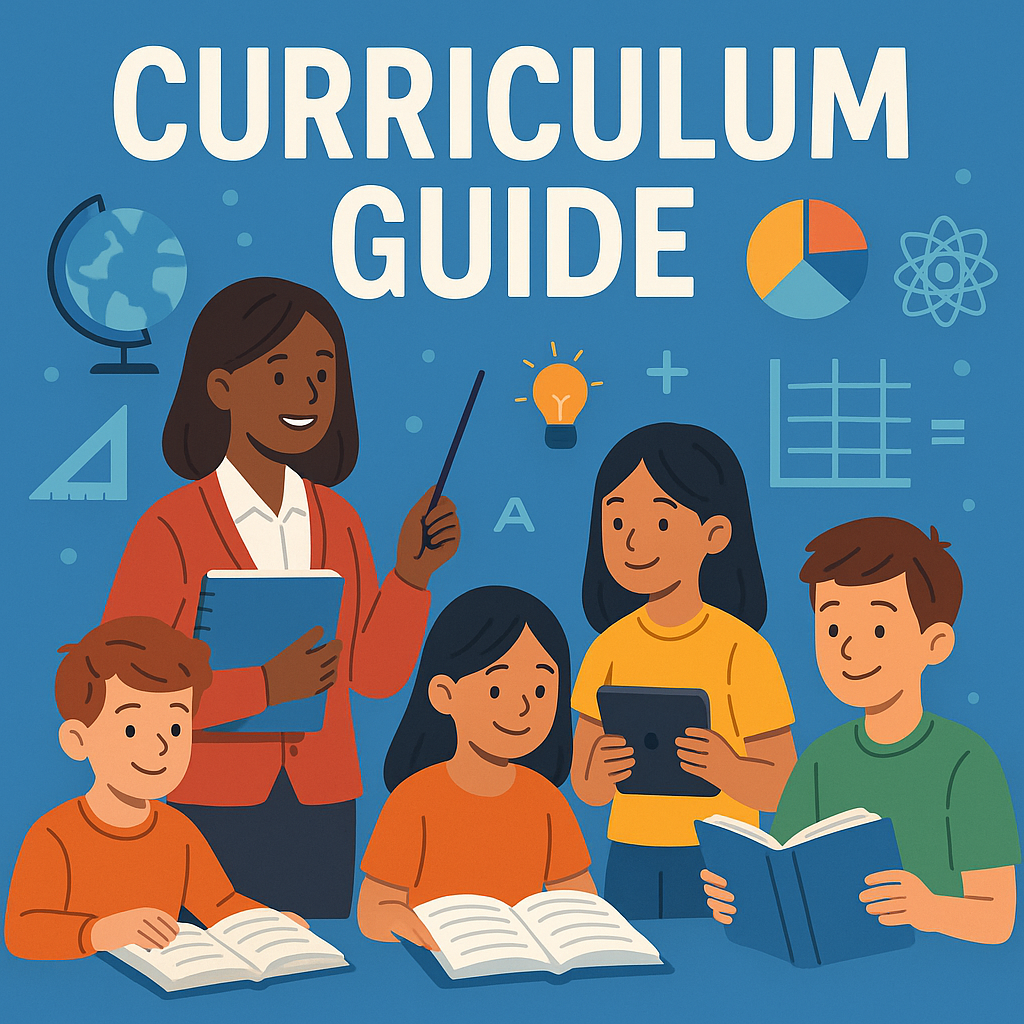
Revised K to 12 Curriculum Guides (MATATAG)
This course provides an in-depth orientation on the Revised K to 12 Curriculum Guides under the MATATAG agenda of the Department of Education. It aims to familiarize educators with the updated learning competencies, key changes, and guiding principles of the MATATAG curriculum, which strengthens foundational skills, promotes values formation, reduces learning areas, and improves learning delivery.
Teachers will explore the rationale behind the revisions, the structure of the new guides, and strategies for effective implementation in the classroom. Through guided discussions, sample lessons, and collaborative activities, participants will gain the knowledge and skills necessary to align their instructional practices with the updated curriculum.